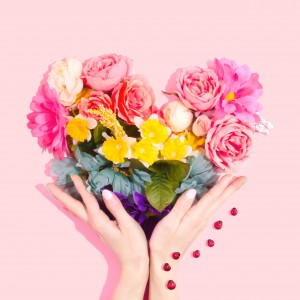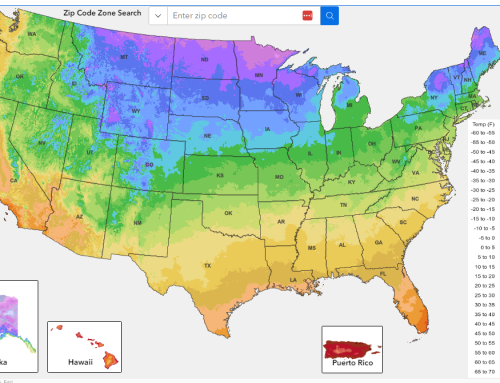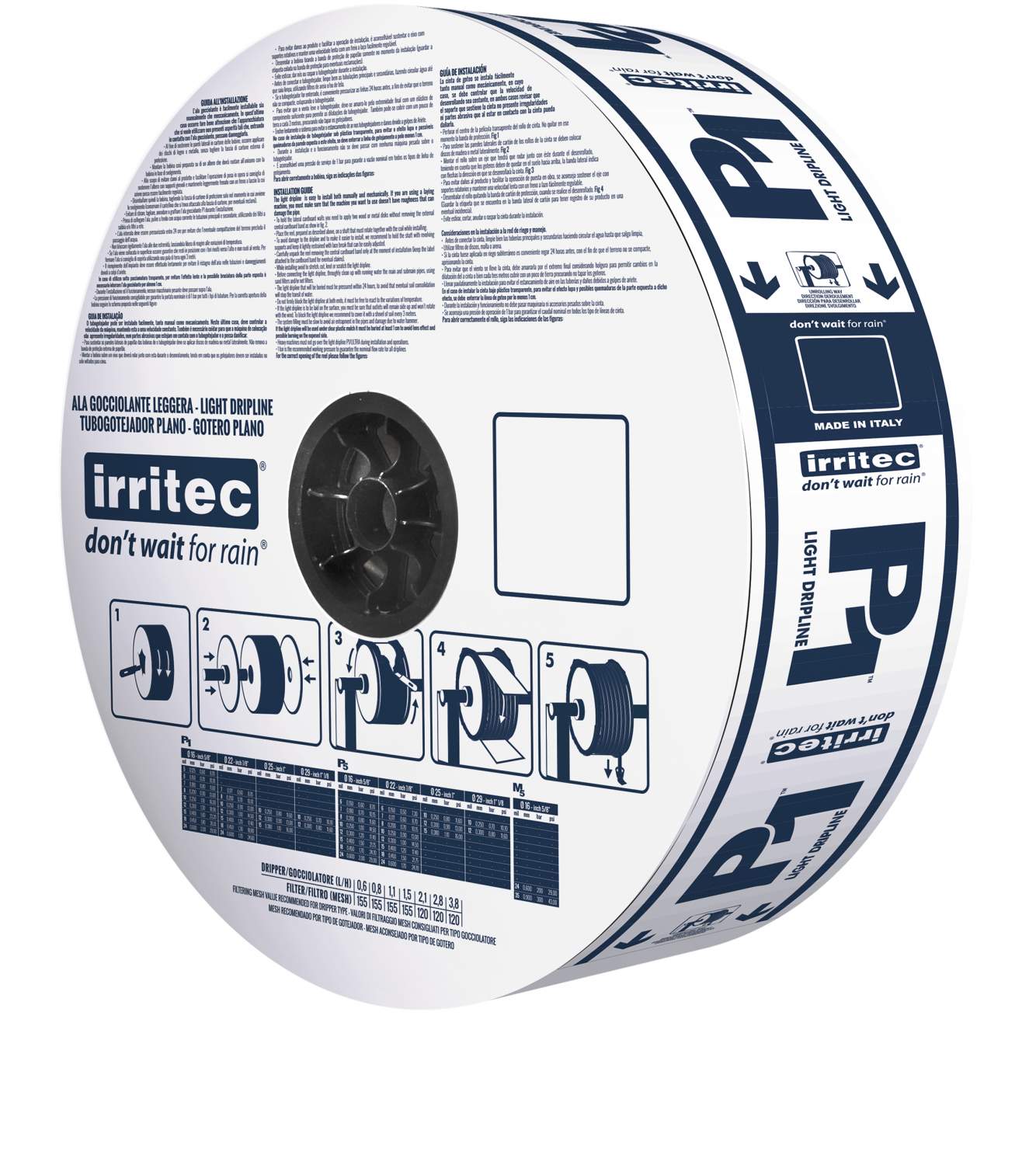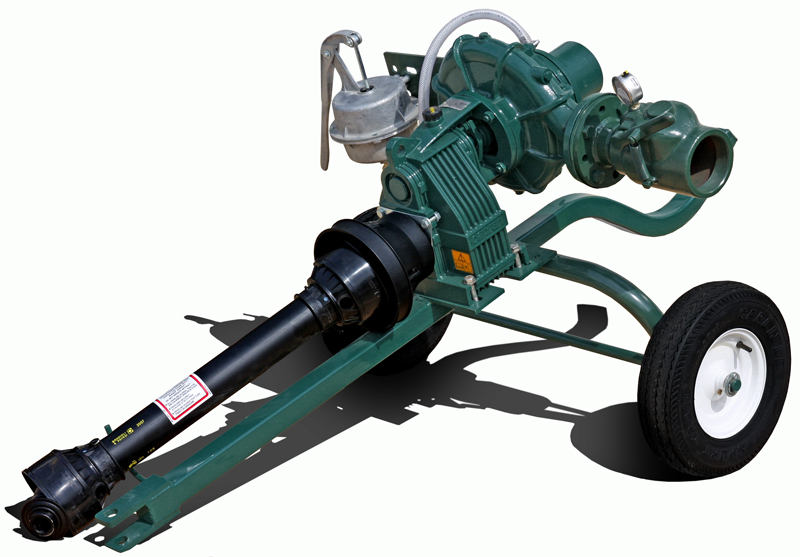There is nothing more romantic than presenting your beau with an arrangement of flowers. The bright colors and fragrant aroma will melt the hearts of (almost) any girlfriend or wife. Everyone loves flowers, right?! Though you may not know it, that lovely bouquet holds dark secrets.
Like most produce we consume, flowers are grown on specialty farms. In 1991, 64% of flowers sold in the united states were US grown.
Today, that percentage has dwindled to a mere 25%. The reason behind the shift is surprising. In 1971, President Richard Nixon declared a war on drugs, and as a result of this the united states entered the Andean Trade Preference Agreement in 1991. This agreement encouraged many South American farmers to quit growing the coca that was farmed for cocaine, and numerous farmers turned to flower production instead.
Florists choose to buy imported rather than domestic grown flowers because they come at a significantly cheaper price. This allows the florists to make a greater profit. If retailers only purchased domestic grown flowers, consumer prices would most likely increase. Despite the heightened cost, however, domestic grown flowers are undoubtedly the better option for consumers.
Imported flowers are not subject to strict regulations like US-grown produce, meaning many imports have been exposed to harmful pesticides. They are also preserved using dangerous chemicals, as it can take weeks for them to be imported once cut. Many of the pesticides used on non-domestic flowers, such as DDT, dieldrin, and methyl bromide have been banned in the United States. These chemicals are highly toxic, and residues from the pesticides can linger even after washing and shipping. When you “stop to smell the roses” you might just be breathing in deadly poison along with the fragrant aroma.
While the danger to consumers from pesticide residues are likely low, many farm laborers are directly exposed to these harmful chemicals. The united states has many labor laws in place to protect farm workers and those living in proximity to the fields, but countries like Bolivia, Ecuador, and Colombia do not have such strict regulations. These countries are known to frequently employ children, often for pitifully low wages. The working conditions are poor, and the chemicals used to grow the flowers pose serious health risks. Even those living near the flower farms experience adverse effects.
So what can you do to purchase flowers in an ethical way? Many cities host farmers markets, which is a great place to find locally grown produce, and support your local economy! If the area you live in doesn’t have a farmers market, look for labels declaring the flowers as Certified American Grown. Flowers make a great surprise for loved ones, but always remember to shop responsibly.







